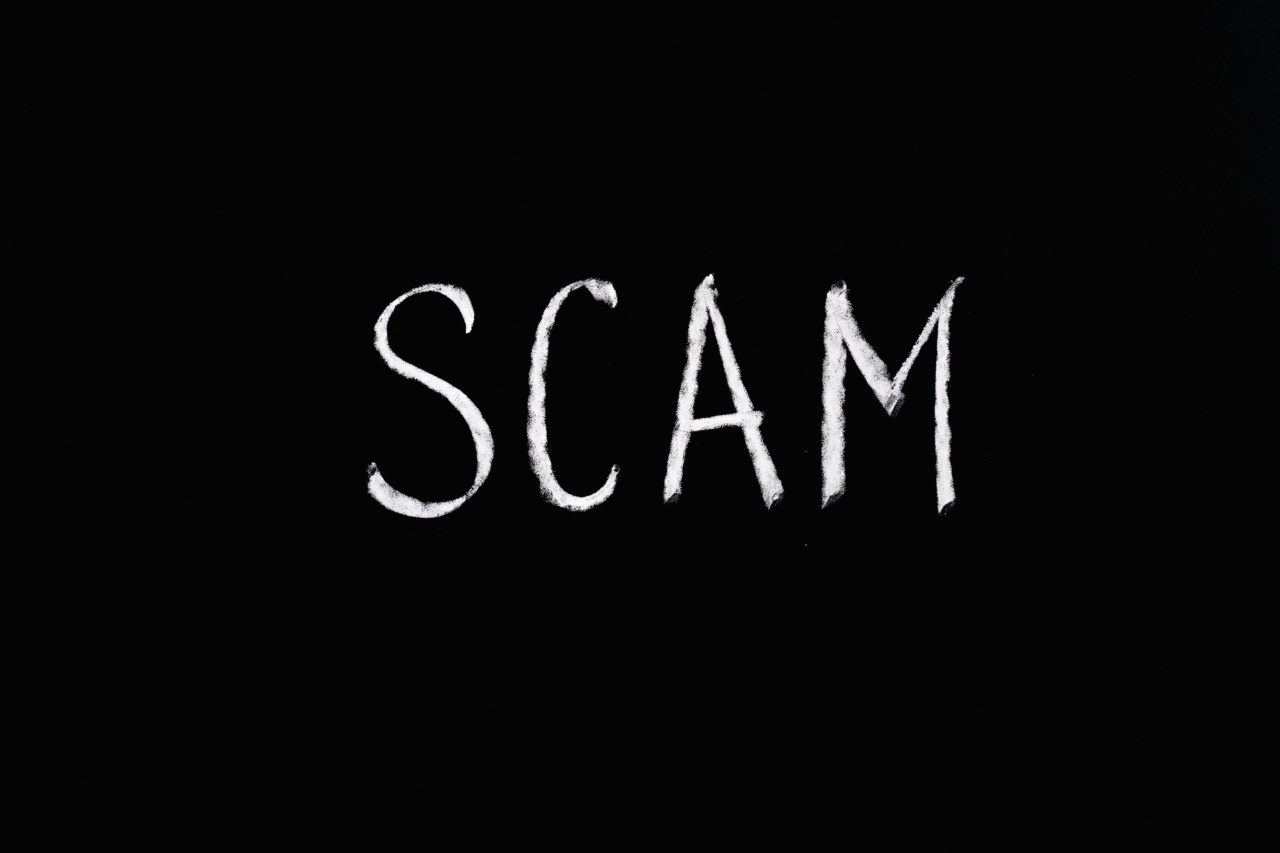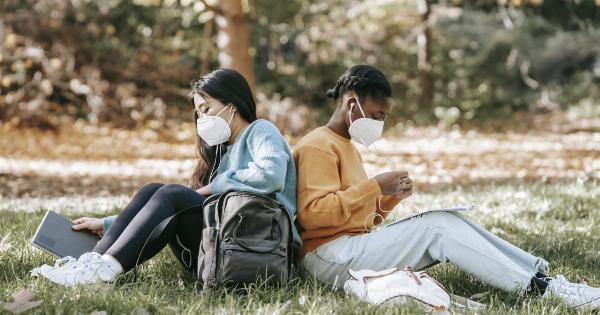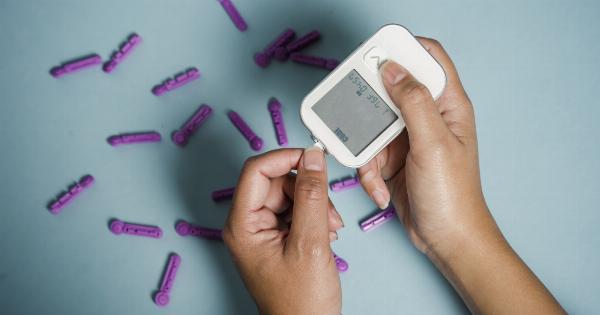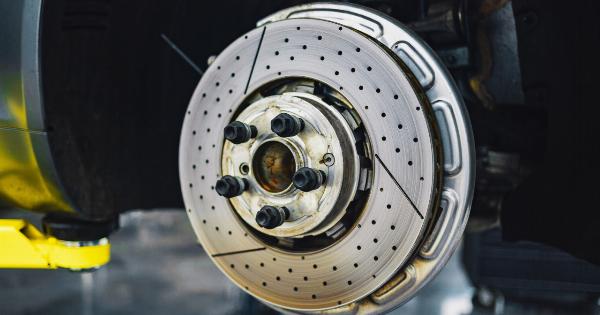Counterfeit drugs have become a growing concern in recent years, posing a significant threat to public health and safety.
These fake drugs are designed to mimic the appearance and packaging of legitimate medications, but they often contain dangerous substances or ineffective ingredients. To protect yourself from falling victim to fake drugs scams, it is crucial to be aware of common red flags and take precautionary measures when purchasing medications.
In this article, we will discuss several strategies that can help you avoid fake drugs and ensure your well-being.
1. Purchase from Reputable Sources
When buying medications, always opt for reputable and authorized sources. Stick to well-known pharmacies, either brick-and-mortar establishments or reputable online pharmacies that require a valid prescription.
Avoid purchasing drugs from suspicious websites or unauthorized individuals, as they may be involved in the distribution of fake medications.
2. Verify the Seller’s Credentials
Before making a purchase, verify the seller’s credentials. Ensure that they are a licensed pharmacy or a registered healthcare provider. Look for certifications or seals of approval from recognized regulatory bodies, such as the U.S.
Food and Drug Administration (FDA) or the National Association of Boards of Pharmacy (NABP).
3. Check the Packaging and Labeling
Examine the packaging and labeling of the medication carefully. Legitimate drugs typically have clear and professional packaging, with accurate information about the drug, dosage, and manufacturer.
Look for any signs of tampering, such as broken seals or mismatched fonts, as these may indicate counterfeit drugs.
4. Compare Prices
If the price of a medication seems too good to be true, it probably is. Be cautious when purchasing drugs at significantly discounted prices, as counterfeiters often entice buyers with attractive offers.
Compare the prices of the medication with those from reputable sources to ensure you are not being scammed.
5. Consult a Healthcare Professional
When in doubt about the legitimacy of a medication, consult a healthcare professional. A doctor or pharmacist can provide valuable insights and help you determine if the drug is genuine or fake.
They can also guide you in choosing alternative medications or reliable sources.
6. Look for Product Identification
Many legitimate drugs have unique identifiers that can be used to verify their authenticity. Look for features like holograms, barcodes, or serial numbers on the product packaging.
These identifiers can usually be authenticated by contacting the manufacturer or scanning them using a smartphone app, if available.
7. Be Wary of Online Marketplaces
While online marketplaces may offer convenience and a wide range of products, they can also be a breeding ground for fake drugs.
Exercise caution when purchasing medications from these platforms, as it can be difficult to determine the credibility of sellers. Stick to verified online pharmacies or consult your healthcare professional for recommendations.
8. Report Suspicious Activity
If you come across any suspicious activity or encounter fake drugs, it is crucial to report it to the appropriate authorities. Reach out to your local law enforcement agency or regulatory bodies such as the FDA or the NABP.
By reporting such incidents, you contribute to safeguarding the health and well-being of others.
9. Educate Yourself
Stay informed about the latest developments and trends in the pharmaceutical industry. Educating yourself about common scams and red flags can help you recognize and avoid fake drugs.
Follow reputable news sources, subscribe to newsletters from trusted healthcare organizations, and participate in community awareness programs.
10. Spread Awareness
Share your knowledge and inform others about the risks associated with counterfeit drugs. By spreading awareness, you can help protect your friends, family, and community from falling victim to fake drugs scams.
Use social media, engage in discussions, or participate in campaigns dedicated to combating fake medications.































